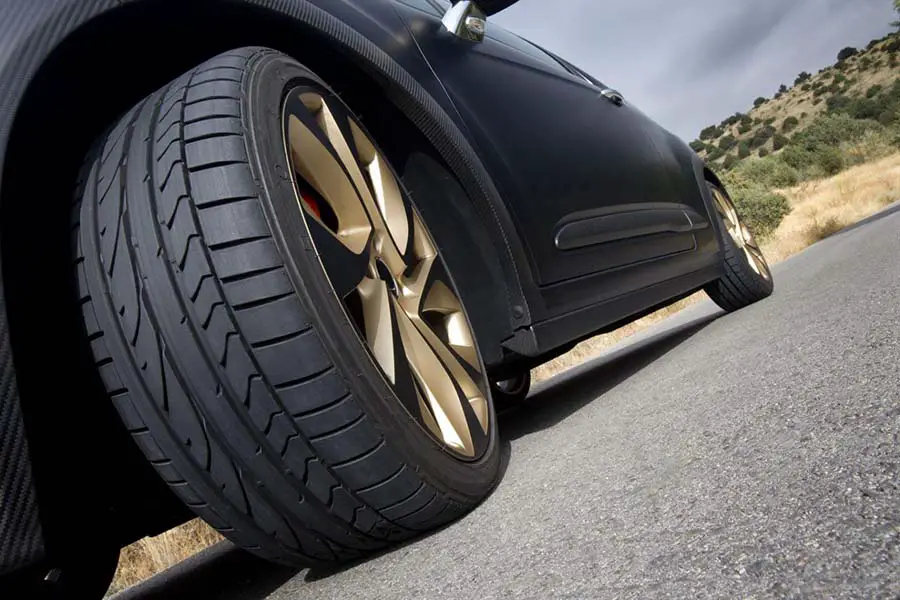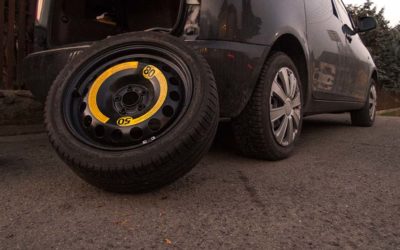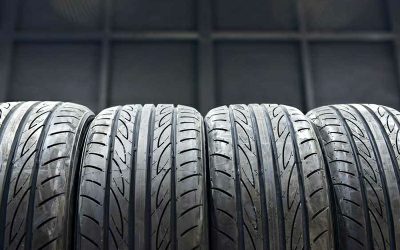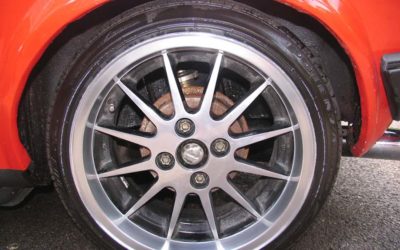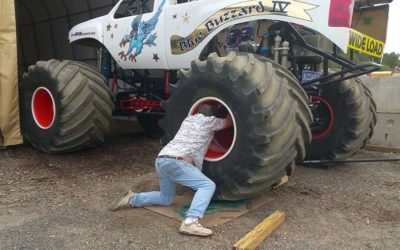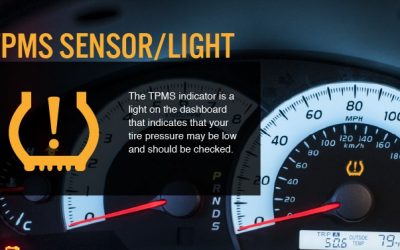Replacing a new set of tires for your vehicle will provide you with a more comfortable driving experience, just like changing to a new pair of shoes. But this tire replacement is not as easy as you think, and there is always a potential problem.
Few issues cause this malfunction, but not all drivers are experienced enough to determine the cause and solution. If you are stuck in the same situation, scroll down to discover the answer under a better insight!
Car Shaking After New Tires- Main Reasons
That’s not just a common vehicle issue related to tire tread, as it sometimes comes from other parts. Therefore, determining the exact problem that the vehicle is having is never an easy task for both newbies and experienced drivers.
Yet, don’t worry; we’ve rounded up the most common causes of this car shaking. Scroll down to find out what’s causing your vehicle to malfunction in no time!
Unbalanced Wheels
Wheel imbalance is the leading cause of the shaking after new tires. There is no guarantee that every tire product is perfect enough, which makes vibration during the trip a common issue.
During the manufacturing process, the uneven division results in a tire texture that will have a thinner/or thicker area than the rest. That is why tire companies will have to do some tire balance services before equipping the vehicle with wheels.
Damaged Rims
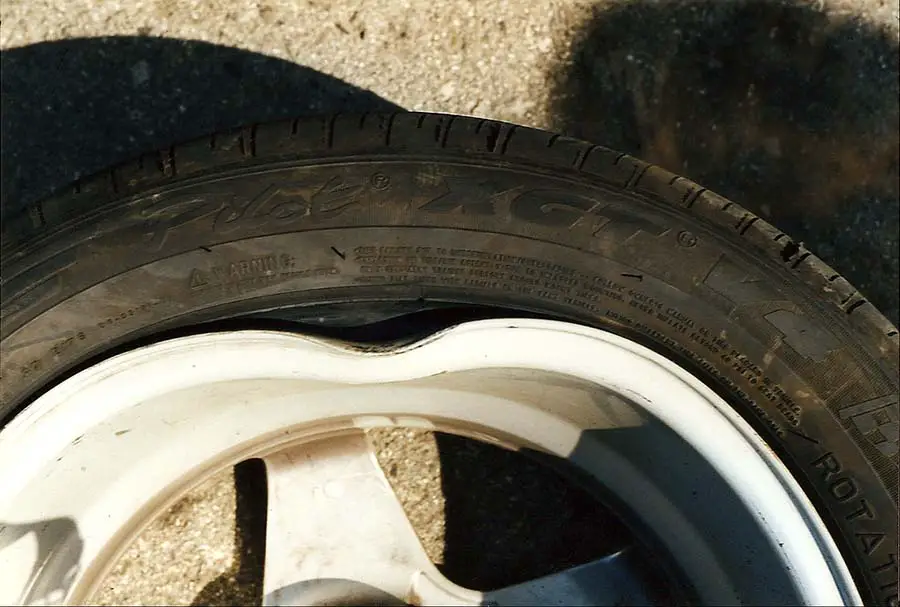
You find the new tires balanced but still vibrating. In this case, what happened to them?
The longer you travel, the more severely the rim is worn. However, many drivers ignore this part as they do not know that damaged wheels will cause severe vibrations.
If your vehicle has this problem immediately after installing new tires, inspect the rims thoroughly to determine the extent of the damage. Sometimes, a small dent in the rim can make for a rough driving experience.
Wheel Alignment
When a new tire is installed, the common vehicle service will always help you with wheel alignment. Yet, vibration can also be caused by the misalignment of the wheel axle, which comes from a lack of consolidation in the alignment system.
It is difficult to determine this condition because drivers often blame worn old tires or damaged rims. We advise inspecting the installation thoroughly to ensure that all components are secure and in good working order.
Tire Defects
You did not mishear! Sometimes you have the bad luck of buying a defective tire (especially the cheap tires), which results in the wheel wobbling even though every other part is in perfect working order.
These bad tires are the tire manufacturer, so the only fix you can apply is a new tire replacement. Although this tire defect is rare, there is no guarantee that you will never experience this problem.
Overinflated Tires
You are wrong if you think the more air you inflate the tire, the smoother the ride! An overinflated tire can cause the tires to be stretched, prone to bouncing, and more likely to explode.
Don’t ever overinflate your vehicle in any situation. If you find this situation, you need to fix it by adjusting the amount of air to reduce it to a moderate level.
Incorrect Remounting
Sometimes, the inexperience of a novice mechanic will lead to a loose wheel installation. While this situation isn’t common, it can still happen if you’re unlucky enough to run into a shoddy tire shop.
In incorrect remounting, loose/missing wheel nuts are the leading cause of tire vibration. The severity of the shaking will depend entirely on how loose the fittings are.
To make sure your vehicle has this problem, you need to feel the nuts on the wheel and look to check that the nuts and bolt holes are aligned.
What Should You Do With The Car Shaking After New Tires?
Once your wheel is suffering from wobbling after installing a new tire, it is best to go back to the shop or tire center that just changed the tire for you to do the balance check.
If you’re curious about the specific things the professional mechanic is up to here, we’ll help answer all of your questions
For unbalanced tires, installing small lead blocks inside your rim is the best solution. This method is quite easy to implement and is applied by most tire shops today.
If your rims are unfortunately damaged, you will have to repair them to their original shape or even replace them with new ones if the damage is too severe. Steel rims tend to be easy to repair, while aluminum rims will make them more difficult to repair.
Modern vehicles (especially sports and high-performance vehicles) with a wheel alignment issue should preferably be dealt with at a reputable tire shop. The experienced mechanics will help you check the alignment of the wheel and align it properly.
So what is the solution to the faulty tires? You have only one option: replace these bad tires with some new, defect-free products.
If you find your wheels over-stressed, your solution is easier than you might imagine. Just searching for the van and deflating is all you need to do now!
How Does Car Shaking After New Tires Affect Your Vehicle?
Tire shaking creates a rough driving experience and causes a safety issue and other vehicle components. Specifically, the shaking will distract the driver’s concentration and easily cause the vehicle to lose control ( due to shaking at highway speeds).
Besides, this long-term vibration will adversely affect other wheel components, cause uneven tire wear, or even damage your interior indirectly.
You need to detect and handle this problem immediately. Also, remember to do regular maintenance to eliminate possible hazards in the future.
Some Last Words
Car shaking is indeed a headache problem. Still, as long as you are fully equipped with the knowledge about the cause and how to fix it, you have the key to solving the problem most effectively.
Through this article, we hope that you will get a smooth ride experience without being interrupted by any trouble. See you in the next articles

